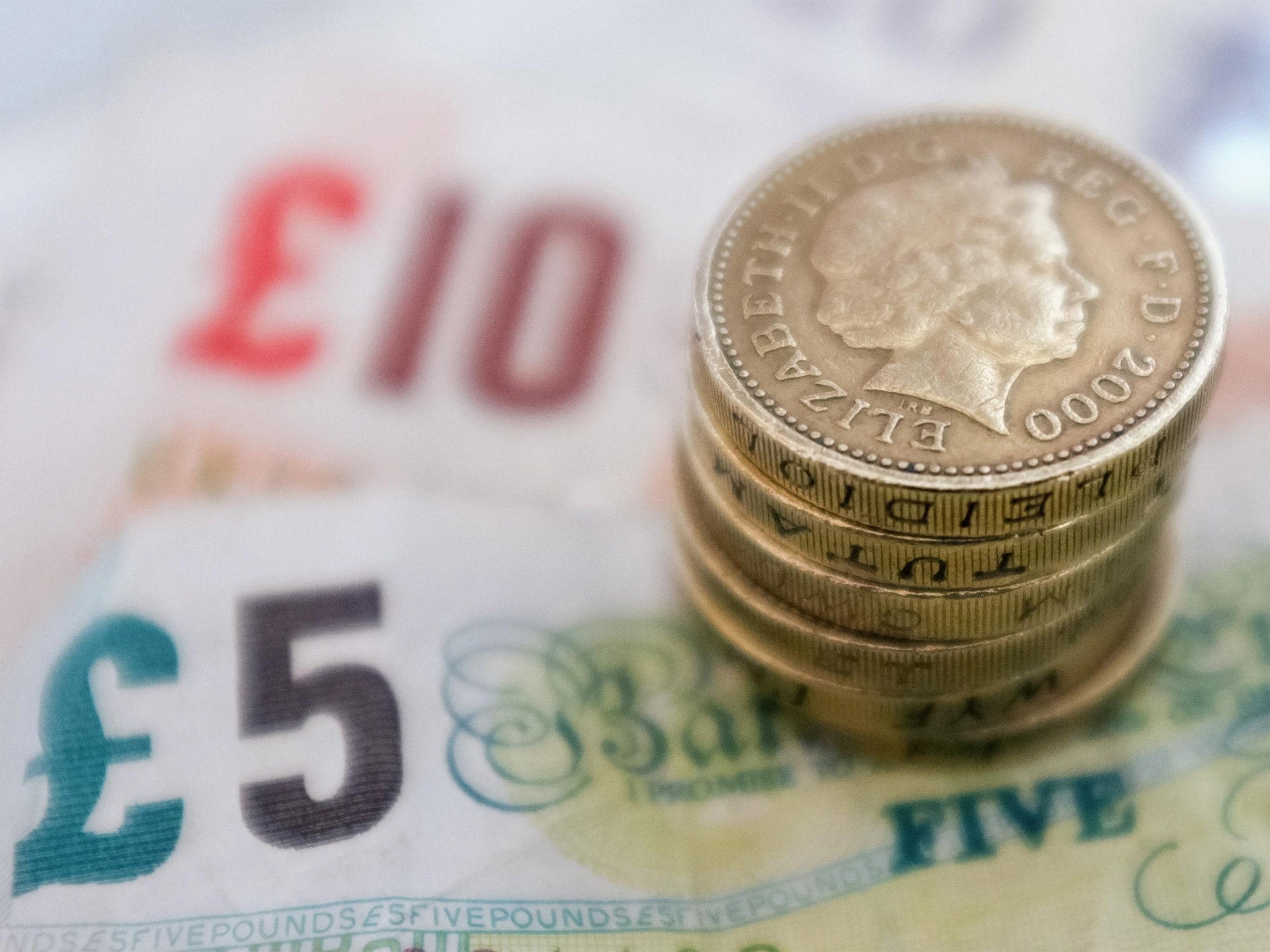Autumn Statement: Income tax changes ‘won’t help working poor’
The tax-free personal allowance will rise to £10,600 – but campaigners say it’s not enough

Your support helps us to tell the story
From reproductive rights to climate change to Big Tech, The Independent is on the ground when the story is developing. Whether it's investigating the financials of Elon Musk's pro-Trump PAC or producing our latest documentary, 'The A Word', which shines a light on the American women fighting for reproductive rights, we know how important it is to parse out the facts from the messaging.
At such a critical moment in US history, we need reporters on the ground. Your donation allows us to keep sending journalists to speak to both sides of the story.
The Independent is trusted by Americans across the entire political spectrum. And unlike many other quality news outlets, we choose not to lock Americans out of our reporting and analysis with paywalls. We believe quality journalism should be available to everyone, paid for by those who can afford it.
Your support makes all the difference.There was an income tax boost for workers, although pressure groups warn that it will do little for the hard-up.
The tax-free personal allowance – the amount you can earn before having to pay income tax – will climb to £10,600 from April 2015, £100 more than the Government had originally planned.
Further ahead – and with a massive nod to next May’s voters – the Chancellor reminded us of Tory plans to increase the allowance to £12,500.
But, for a change, the news will also be pleasing to higher-rate taxpayers as the 40 per cent tax threshold will rise in line with the £100 increase. It will leave the higher rate income tax threshold at £42,385.
Looking further ahead, the Chancellor said he would ensure the threshold reached £50,000 by the end of this decade, if re-elected.
But while increases in personal allowances are welcome, they do not mean the same to low-income working households, warned the Low Incomes Tax Reform Group.
Robin Williamson, group spokesman, said: “We have said many times that increasing personal allowances is good for those paying basic rate tax and claiming either no welfare payments or only tax credits, but they are less good for those on means-tested benefits and those with annual earnings less than the current personal allowance receive no benefit at all.
He added: “Increases in personal allowances may not be the most efficient mechanism to improve take-home pay and standards of living for everyone. Take those who receive, and on current Government plans, will soon start to receive, universal credit. Unlike the current tax credits system, universal credit is calculated on post-tax income.”
Julia Unwin, chief executive of the Joseph Rowntree Foundation, made a similar point. She said: “Raising the personal tax allowance is an expensive way of helping the working poor – most of the additional money will actually go to better-off families, while poorer families only keep a third of the tax cut.
“Raising the work allowance would have been a much more effective way of making work pay for those in poverty.”
Join our commenting forum
Join thought-provoking conversations, follow other Independent readers and see their replies
Comments